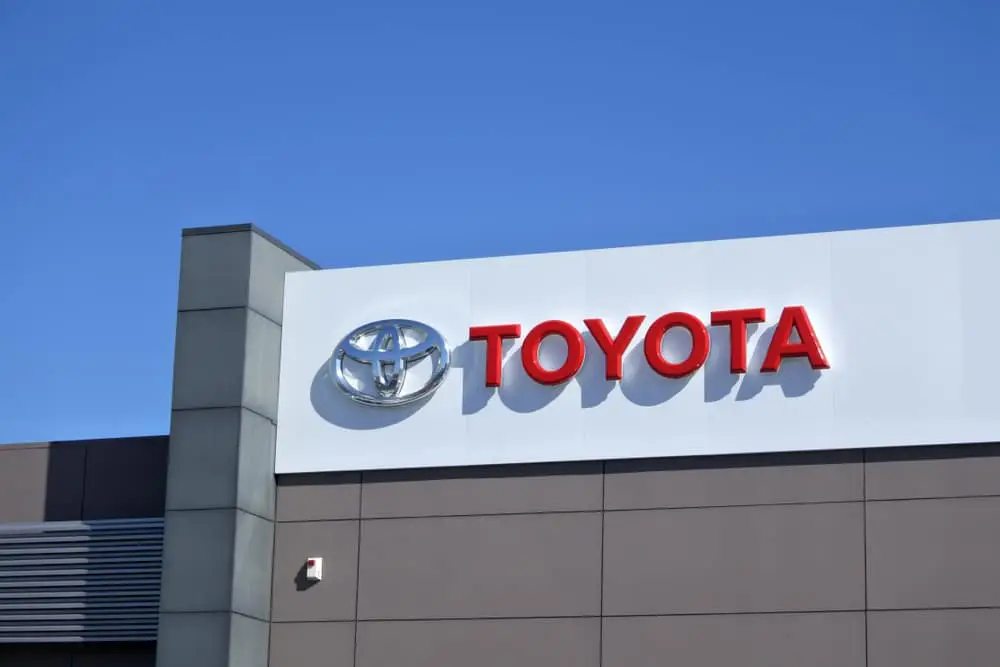Toyota’s subsidiary, Hino Motors, has agreed to a $1.6 billion (£1.3 billion) settlement and will plead guilty to misleading U.S. regulators about the emissions output of its diesel engines.
As part of the agreement, Hino will be prohibited from exporting its diesel engines to the U.S. for five years.
The settlement follows charges of fraud filed in a Detroit court accusing Hino of selling 105,000 non-compliant engines in the U.S. between 2010 and 2022.
Approval from a U.S. court is still required for the settlement to take effect.
The US Justice Department said that Hino committed a “criminal conspiracy” by submitting “false and fraudulent” emissions and fuel consumption data, allowing the business to import and sell its engines in the US market.
“Hino Motors engaged in a years-long scheme to alter and fabricate emissions data to get a leg up over its competitors and boost their bottom line,” said Christopher Wray, the FBI‘s director.

“To further this fraudulent scheme, Hino violated laws and regulations intended to protect American’s health and the environment.”
In addition to the five-year restriction on diesel engine imports, Hino has agreed to implement a compliance and ethics plan throughout that time.
“We take this resolution seriously and will ensure that the field fix, the Environmental Mitigation Programme, and further strengthening of our compliance system… are implemented,” stated Hino CEO and President Satoshi Ogiso in a statement.
“We deeply apologise for the inconvenience caused to our customers and stakeholders.”
The US Environmental Protection Agency said that Hino has agreed to recall some non-compliant heavy-duty vehicles and replace marine and locomotive engines across the country to reduce excess air pollutants.
To cover the costs associated with its legal issues, Hino reported an extraordinary loss of 230 billion yen (£1.2 billion, $1.48 billion) in its second-quarter financial results released in October.
Over the past decade, several automakers have admitted to falsifying emissions data for their diesel engines.
This scandal, known as “Dieselgate,” involved multiple brands within the Volkswagen group, including Audi, Porsche, Seat, and Skoda, as well as Volkswagen itself.
Volkswagen has spent over 30 billion euros (£25 billion, $30.9 billion) on fines, recalls, and customer compensation in connection with the scandal.


